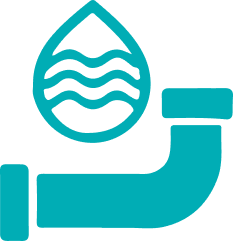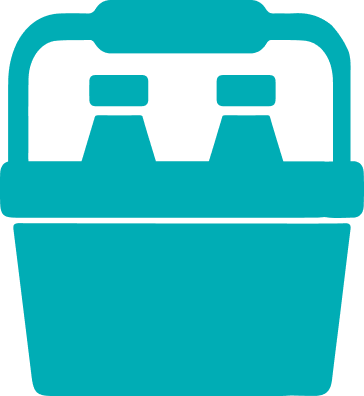Agricultural Runoff Testing
Protect Water Quality from Agricultural Contaminants
Agricultural runoff can introduce harmful chemicals, pesticides, and nutrients into water supplies, posing risks to human health and the environment. Our Agricultural Runoff Testing Services identify these contaminants, ensuring your water is safe and compliant with regulatory standards.
"*" indicates required fields
Why Agricultural Runoff Testing is Important?
Runoff from farms, gardens, and agricultural operations often carries excess fertilizers, pesticides, animal waste, and other pollutants into nearby water sources. These contaminants can:

Harm Human Health
Pesticides and nitrates in drinking water are linked to conditions like cancer, developmental issues, and "blue baby syndrome" in infants.

Damage Aquatic Ecosystems
Excess nutrients, such as nitrogen and phosphorus, cause algal blooms, depleting oxygen levels and harming marine life.

Compromise Water Quality
Contaminants can alter water taste, odor, and safety, making it unsuitable for drinking or other uses.

Increase Regulatory Risks
Non-compliance with EPA standards for agricultural pollutants can result in fines and legal challenges.
Pro Tip: Agricultural runoff can affect not only private wells but also municipal water systems, especially after heavy rains.
Our Agricultural Runoff Testing Services
We offer comprehensive testing to detect and measure contaminants caused by agricultural activities, including:
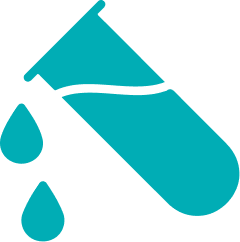
Analysis for chemicals like atrazine, glyphosate, and DDT.

Evaluate water clarity and sediment contamination, which can transport other pollutants.

Commonly found in fertilizers, these can contaminate groundwater and pose significant health risks.

Excess levels contribute to algal blooms and water pollution.

Detect harmful compounds used in agricultural products.
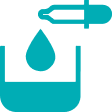
Testing for pathogens like E. coli and coliforms from manure runoff.
Our Testing Process is Simple and Efficient
01.
Reach out to schedule your test at a convenient time for you.
02.
Some parameters, like pH and chlorine, conductivity, turbidity, can be tested momentarily with
Read More
Read More
Read Less
03.
We can visit your location to collect water samples, ensuring proper techniques are followed for
Read More
Read More
Read Less
04.
Get detailed, actionable insights from our reliable reports, helping you address any water quality concerns effectively
Expert Insights on Testing Methods
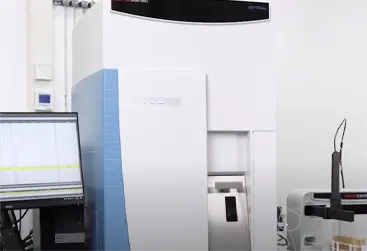
ICP-MS (Inductively Coupled Plasma Mass Spectrometry) for detecting trace metals with precision.
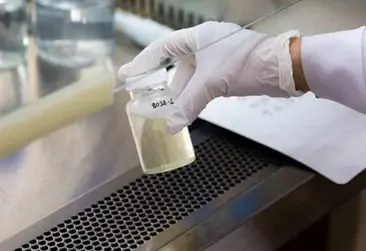
Microbiological Testing for identifying pathogens like E. coli and Legionella.
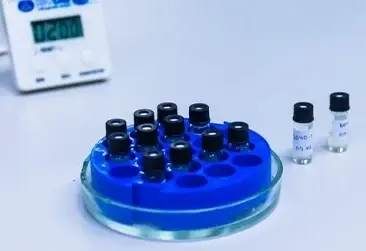
Ion Chromatography for measuring ions like nitrates and sulfates.
Who Needs Agricultural Runoff Testing?
Don’t wait for issues to arise—regular testing can prevent costly problems and health risks.
Our services are designed for:
Benefits of Agricultural Runoff Testing

Detect and mitigate harmful chemicals and pathogens.

Ensure adherence to EPA and local water quality standards.

Prevent ecosystem damage from agricultural pollutants.

Understand the impact of agricultural activities on your water supply.
When to Perform Agricultural Runoff Testing
Seasonally: Test during planting and harvest seasons when runoff risks are highest.
After Heavy Rainfall: Increased runoff often elevates contaminant levels.
Near Livestock Operations: Regular testing ensures safety when animal waste may impact water quality.
If Changes Are Noticed: Sudden changes in water clarity, taste, or odor may signal contamination.
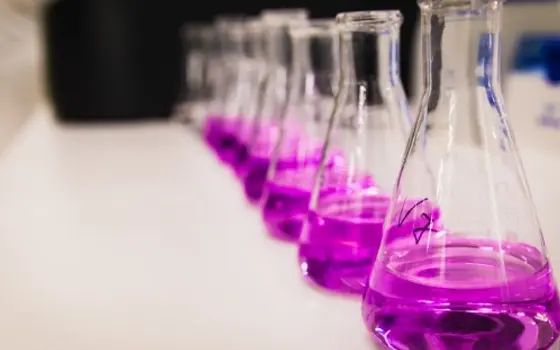
Reliable Water and Air Quality Testing Services
Protect your environment with our specialized water and air quality testing solutions, offering comprehensive analysis to detect contaminants, convenient sample collection, and on-site testing for immediate results. Contact us today to schedule a consultation or on-site visit and take the first step toward a healthier, safer environment!
Frequently Asked Questions
What contaminants are commonly found in agricultural runoff?
Common contaminants include pesticides, herbicides, nitrates, phosphates, VOCs, and pathogens like E. coli from animal waste.
How often should I test for agricultural runoff?
Testing is recommended seasonally, after heavy rainfall, or if you notice changes in water quality, such as taste, odor, or clarity.
Can agricultural runoff affect municipal water supplies?
Yes, especially during heavy rainfall or flooding. Runoff can introduce contaminants into reservoirs or rivers used for public water supplies.
What can I do if my water is contaminated by runoff?
We provide actionable recommendations, such as installing filtration systems, using reverse osmosis, or working with agricultural operations to mitigate runoff sources.
Does agricultural runoff testing comply with EPA standards?
Yes, our testing aligns with EPA and state guidelines, ensuring reliable and actionable results.
Request a Test or Consultation
Your Environment, Our Priority – Fill out the form below, and our team will get back to you as soon as possible.
"*" indicates required fields

